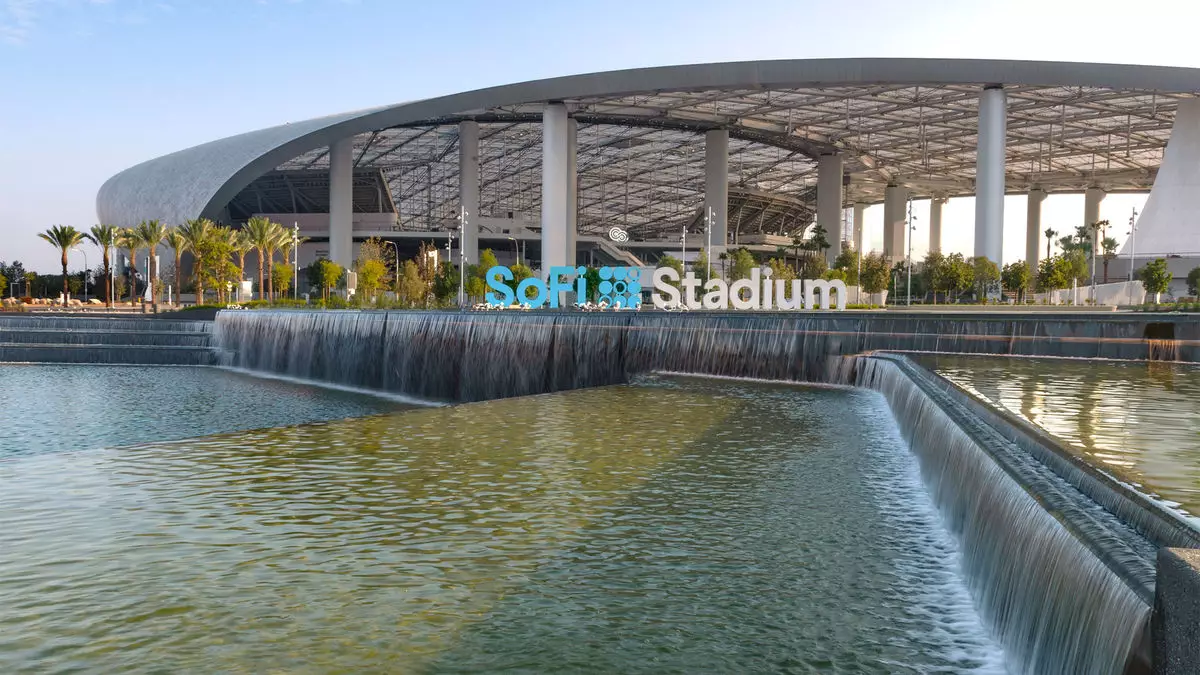In the aftermath of devastating wildfires that nearly engulfed Los Angeles, the city’s tourism and hospitality leaders have taken it upon themselves to project a message of resilience and recovery. Speaking at the Americas Lodging Investment Summit held in January, Adam Burke, CEO of the Los Angeles Tourism and Convention Board, reassured stakeholders that despite the challenges posed by recent disasters, Los Angeles remains a strong travel destination. His sentiment reflects a broader understanding that during times of crisis, the economy can benefit significantly when cities welcome visitors.
This perspective is crucial, especially considering the drastic economic contributions from tourism in 2019, which generated an impressive $30 billion from leisure travel alone. Burke noted that group business added roughly another $25 billion, underscoring the ramifications of lower visitation numbers on economic stability. As the industry grapples with recovery, the hotel sector’s expected contribution of over $300 million in transient occupancy tax to the city’s general fund is a promising sign for the financial future of Los Angeles.
The Hospitality Community’s Role
Rosanna Maietta, the CEO of the American Hotel & Lodging Association, rang the alarm on the severe impact of wildfires on local communities while accentuating the significant role played by Los Angeles hotels in the relief efforts. With an understanding of the immense loss suffered by families and small businesses, Maietta commended the hospitality industry for embodying the spirit of community support during hardships.
The efforts to give back included not just monetary donations but also the provision of thousands of hotel rooms to both evacuees and first responders. Maietta emphasized that L.A.’s hotels have acted as a backbone in rallying support and resources, quickly mobilizing to assist those affected by the fires with meals and care packages. The hospitality community is not just about providing luxury; rather, in times of distress, it showcases its commitment to its local populace and the broader community.
Amid the conference, Jeff Higley of BHN Group invited participants to engage in community support initiatives, highlighting an on-site volunteer opportunity to assemble care kits for first responders. This gesture, facilitated by the nonprofit organization LA Works, aimed to construct 500 support kits—action reflecting a collective responsibility to uplift the community. Such community engagement can counterbalance the negative narratives arising from natural disasters and demonstrate the capacity for recovery and resilience.
The participation of industry leaders in volunteer activities underlines an invaluable element of tourism and hospitality: the industry is deeply intertwined with the community it serves. By stepping out of the traditional role of merely providing services, the stakeholders are investing in an image of communal solidarity, vital for the perception of Los Angeles as a thriving and robust city.
Shaping a Narrative for the Future
California’s tourism future shines with optimism despite ongoing challenges, particularly regarding brand perception shaped by external factors such as natural disasters and the pervasive influence of social media. Carolyn Beteta, CEO of Visit California, highlighted the state’s advantageous geographical attributes as a top-tier travel destination, capable of entrenching its status in the industry. She acknowledged, however, the daunting task of reshaping media narratives that could hinder visitation, emphasizing the state’s visual richness and allure that should not be overshadowed by negative stories.
In a similar vein, Geoff Freeman, CEO of the U.S. Travel Association, projected that California is on the cusp of an explosive decade for tourism, driven by monumental events including the upcoming 2026 FIFA World Cup and the 2028 Summer Olympics in Los Angeles. Such pivotal events promise an influx of visitors and a rejuvenation of excitement surrounding the city.
While enthusiasm for Los Angeles’s bright future blooms, Burke pointed out an urgent challenge: the city’s need for increased hotel capacity to accommodate the anticipated wave of tourists. The allure of major events brings an expectation of high demand, yet the current hospitality infrastructure may not meet these needs effectively. Burke’s call for action urges stakeholders to recognize that to take advantage of these opportunities and restore pre-crisis visitation numbers, strategic investments are essential.
Los Angeles stands at a pivotal moment. With concerted efforts from tourism leaders and a commitment to community, the city edges toward recovery. The urging message is not just about welcoming visitors but about demonstrating resilience and unity in the face of adversity, ensuring that Los Angeles remains a destination of choice now and in the future.


Napsat komentář